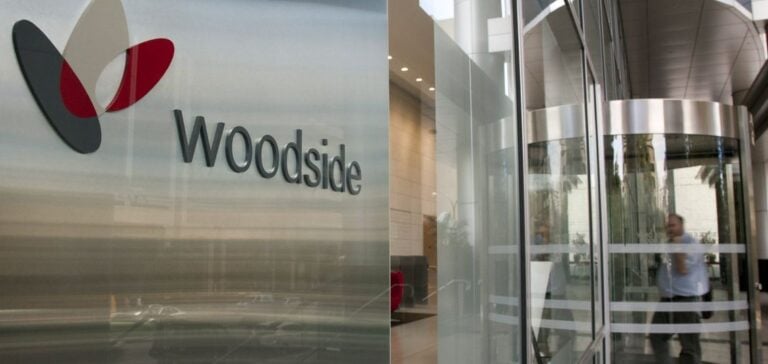The development of the LNG project in Louisiana, led by Woodside Energy and overseen by Bechtel, progresses with a strategic equipment order from Baker Hughes. The initial phase of this project aims for a production capacity of 11 million tonnes of liquefied natural gas (LNG) per year, enhancing the competitiveness of U.S. energy exports.
The contract includes main refrigeration compressors powered by LM6000PF+ gas turbines, as well as expander-compressors. These technologies, selected for their performance and reliability, represent a pivotal step towards the final investment decision (FID), expected in the first quarter of 2025.
Export Strategy and Geopolitical Stakes
This Louisiana project is part of a broader U.S. strategy to strengthen its LNG export capabilities. Faced with growing demand in Europe and Asia, natural gas has become a strategic tool to diversify global energy supplies and reduce reliance on traditional sources.
For Woodside Energy, this project is also an opportunity to expand its presence in the North American market. The planned infrastructure in Louisiana could reshape the energy export landscape, granting the U.S. an increased role in global LNG trade.
Technological and Environmental Choices
The equipment selection by Bechtel aligns with requirements for sustainability and performance. The LM6000PF+ turbines are renowned for their energy efficiency, a critical advantage in a sector under constant pressure to reduce greenhouse gas emissions.
Additionally, Baker Hughes has been tasked with providing electric compression systems for the associated pipelines, reinforcing a comprehensive commitment to energy efficiency. These technological choices reflect a growing trend in the sector: integrating advanced solutions to meet regulatory and market expectations.
Regional Economic Impact
Beyond its geopolitical and technological implications, the Louisiana project promises significant economic benefits for the region. The construction of liquefaction infrastructure and associated pipelines is expected to create thousands of direct and indirect jobs.
However, the project also raises questions about balancing economic development and adherence to local environmental standards, an issue at the core of ongoing political and industrial debates.






















